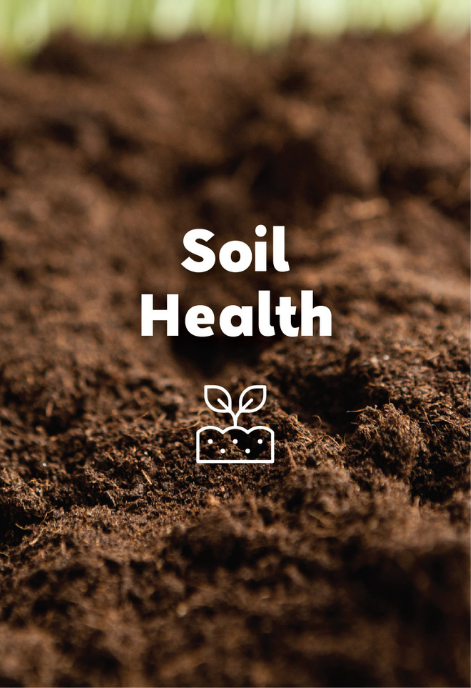Understanding the Role of Microorganisms in Soil Health and Nutrient Cycling: A Microbiome Analysis
Soil Health:
This research aims to investigate the crucial role of microorganisms in soil health and nutrient cycling through a comprehensive analysis of the soil microbiome. The study will explore the concept of soil microbiomes, their types, potential problems affecting soil health, and propose solutions to improve soil fertility and sustainability.
Concept of Soil Microbiome:
The soil microbiome refers to the community of microorganisms, including bacteria, fungi, archaea, viruses, and other microbes, that inhabit the soil ecosystem. These microorganisms play a fundamental role in various soil processes, including nutrient cycling, organic matter decomposition, disease suppression, and plant-microbe interactions. Understanding the composition and function of the soil microbiome is essential for sustainable agriculture and environmental management.
Types of Soil Microorganisms:
The soil microbiome comprises diverse types of microorganisms, each contributing to specific ecological functions. This research will focus on the following key types of soil microorganisms:
1. Bacteria: Bacteria are abundant in soil and play a vital role in nutrient cycling, nitrogen fixation, organic matter decomposition, and disease suppression.
2. Fungi: Soil fungi are essential for organic matter decomposition, nutrient mineralization, mycorrhizal symbiosis with plants, and pathogen control.
3. Archaea: Archaea are microorganisms distinct from bacteria and are involved in various soil processes, including nutrient cycling and greenhouse gas emissions.
4. Viruses: Soil viruses are highly abundant and can affect microbial community structure, gene transfer, and nutrient cycling processes.
Problems Affecting Soil Health:
Several factors can negatively impact soil health and disrupt the balance of the soil microbiome, including:
1. Soil erosion: Erosion can lead to loss of topsoil and valuable microbial communities, reducing soil fertility.
2. Intensive agriculture: Excessive use of chemical fertilizers, pesticides, and monoculture practices can alter the soil microbiome, impacting its diversity and functionality.
3. Soil contamination: Pollution from industrial activities, improper waste disposal, or excessive use of agrochemicals can harm soil microorganisms and disrupt ecosystem functions.
Solutions for Improving Soil Fertility and Sustainability:
To address the problems affecting soil health, this research will propose potential solutions aimed at improving soil fertility and sustainability:
1. Conservation agriculture: Implementing practices such as crop rotation, cover cropping, and reduced tillage can enhance soil organic matter content and microbial diversity.
2. Organic farming: Transitioning to organic farming practices reduces chemical inputs, promotes soil biodiversity, and enhances nutrient cycling by relying on natural processes.
3. Microbial inoculants: The use of beneficial microbial inoculants, such as mycorrhizal fungi or nitrogen-fixing bacteria, can enhance nutrient availability and plant growth while reducing the need for synthetic fertilizers.
4. Soil remediation techniques: Investigating novel techniques for soil remediation, such as phytoremediation or bioremediation, can help mitigate the impact of soil contamination on microorganisms and restore soil health.
By conducting a comprehensive microbiome analysis, this research aims to provide insights into the role of microorganisms in soil health and nutrient cycling, identify factors affecting soil microbiomes, and propose sustainable solutions for improving soil fertility and ecosystem sustainability.








Comments
Post a Comment